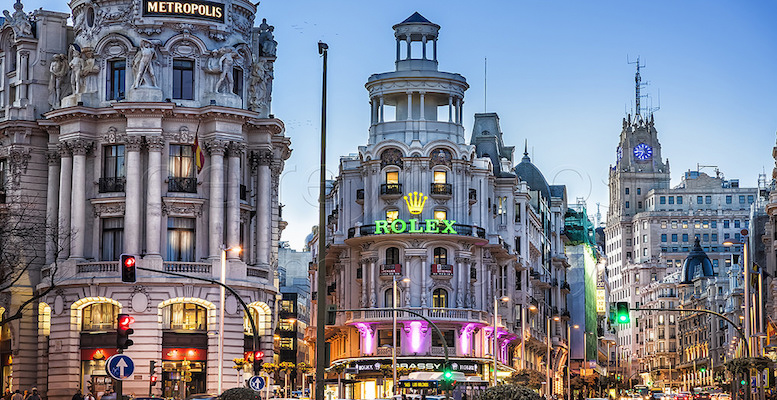Luis Alcaide | In the Romanised Spain of the first two centuries, the so-called Silver Age, an Aragonese, Quintilian, whom his countryman Martial would call “summus mo¬de¬rator juven¬tae”, called for “men of talent, capable of living in a cordial world and participating in public affairs”. Centuries later, in a Spain that was already moving towards modernity, the poet of the upper classes, Campoamor, described those men of talent as “a flock of deceived deceivers”.
On Christmas Eve, King Felipe VI called for concord in this Spain of today, seeking to consolidate its recovery in the face of a new wave of a recurring pandemic.
We have moved on from the ERTEs to a tripartite agreement between government, employers and trade unions, paving the way for coexistence between workers and employers. The ERTEs have had a high pecuniary cost. Increased public spending and the need for financing to cover the deficit.
Reckless recklessness or sensible and indispensable? Mario Draghi and Enmanuel Macron in unison advocate reforming the Union’s fiscal rules. “Rules that they describe as too obscure and excessively complex, which constrain government policies during the crisis and overburden monetary policies”.
The two liberal politicians call for a new framework to enable our European ambition, but without giving up on lowering, when and how we can, the levels of public debt. But without raising taxes or reducing social spending.
We need growth and recovery. Two levers to offset the contractionary effects of the pandemic. The EU has recovered its spirit of integration and solidarity to boost activity and employment. Spain, for its part, is moving in this direction. More in employment, more contributors to the Social Security and tax revenue higher than in 2019. Whatsmore, exports, such a sensitive indicator for measuring the temperature of a country, continue their upward spiral.
The Christmas message from Felipe VI. Too timid and shrouded in rhetoric that was more grey than brilliant. Contrast with the speech Juan Carlos I delivered in the French Assembly, copyright of Jorge Semprún.
That capricious and licentious king, like President Mitterrand in France, two families and a mutation from anti-Europeanism to a full-throated defence of the EU. Rejection of German unification and a demand for the creation of a common currency in return.
The Plateresque carol of 500 years ago with the sound of harmonicas: “Those mountains, mother – high are they to climb – on them, mother – I have my loves”. The threats to be overcome are now high and require an effort on the part of people, as Quintilian would say, full of talent and cordiality for the management of public affairs.





